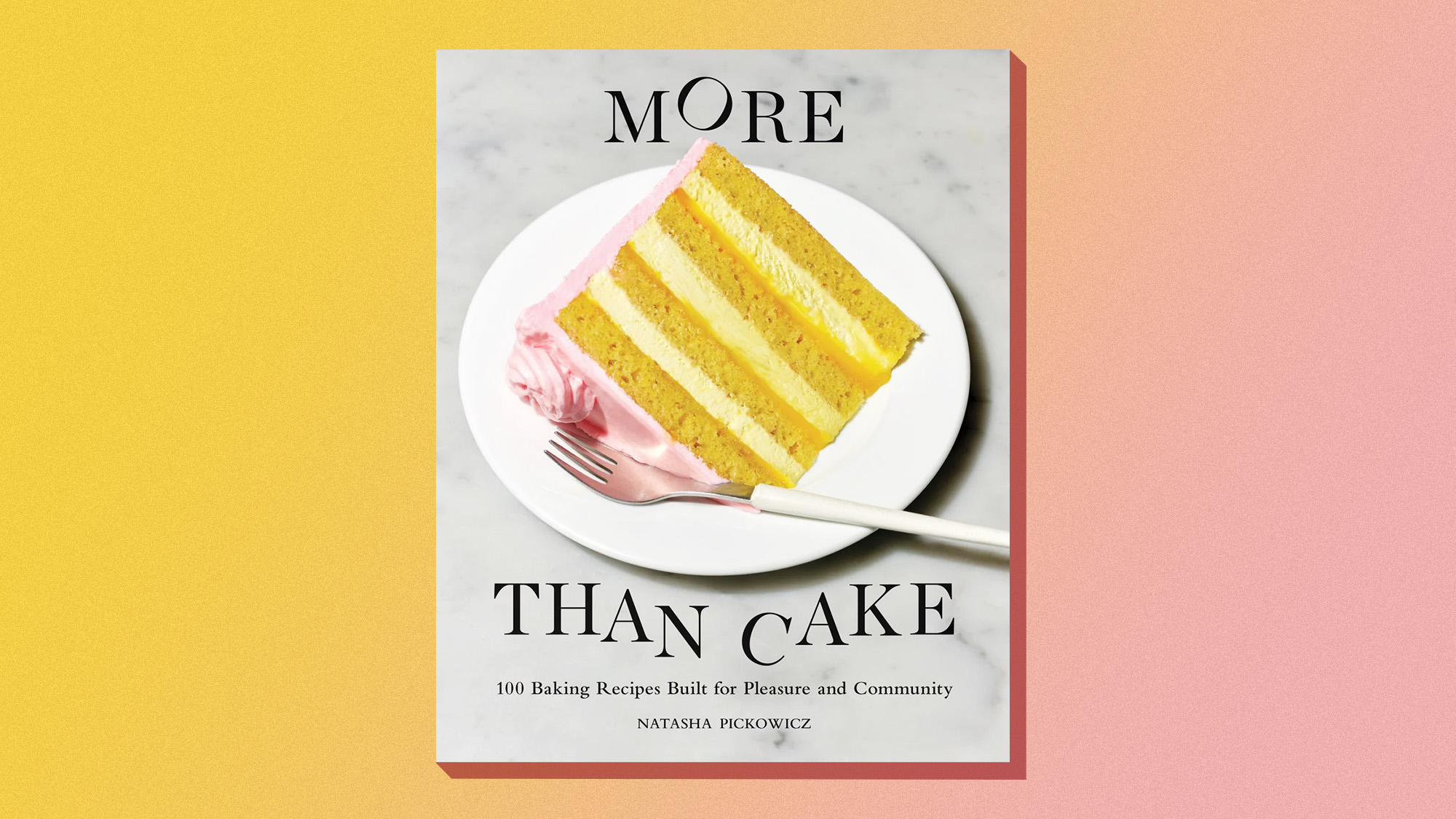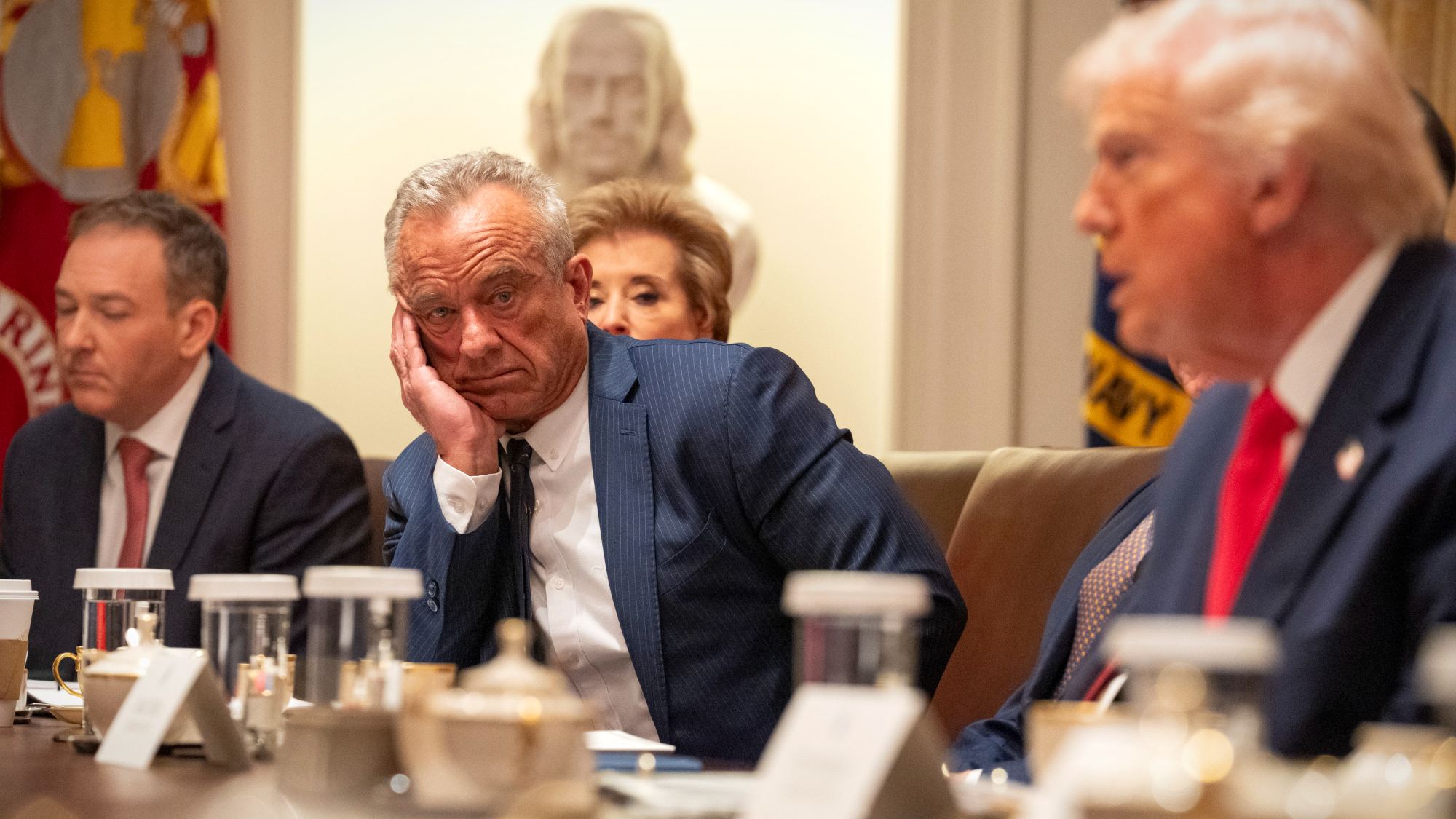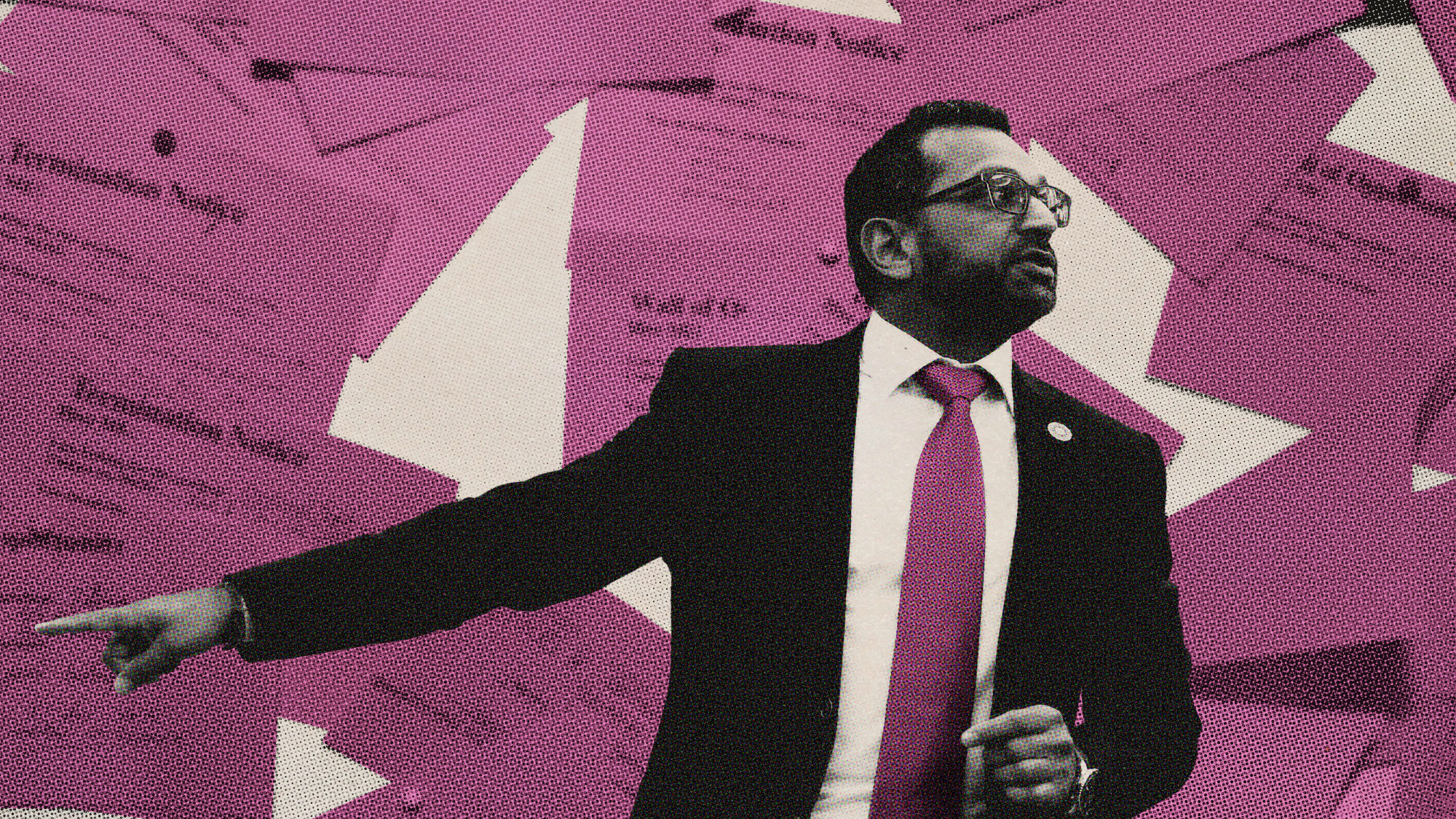This might be the end of organized labor
Oral arguments earlier this week indicate the Supreme Court may take a big whack at American unions


The U.S. Supreme Court may deliver a big blow to organized labor in America. On Monday, the court heard oral arguments in Friedrichs v. California Teachers Association, a case whose importance to public sector unions can hardly be overstated. If the oral argument was any indication, public sector unions are out of luck.
Friedrichs concerns the constitutionality of "agency shops" for workers providing government services. In an agency shop, people working under a collective bargaining agreement negotiated by a union are free not to join the union, but are required to pay the equivalent of the union dues. That's because without the rules of an agency shop, workers could get the benefits and protections of union membership without bearing any of the costs.
In 1977, the Supreme Court unanimously upheld agency shops in the public sector, subject to some restrictions. Unions could collect dues from non-members, but only for purposes related to employment and collective bargaining. Non-members could opt out of money used for political purposes.
The Week
Escape your echo chamber. Get the facts behind the news, plus analysis from multiple perspectives.

Sign up for The Week's Free Newsletters
From our morning news briefing to a weekly Good News Newsletter, get the best of The Week delivered directly to your inbox.
From our morning news briefing to a weekly Good News Newsletter, get the best of The Week delivered directly to your inbox.
The Republican Party, and hence a Supreme Court that has been largely controlled by Republican nominees since early in the Nixon administration, has moved far to the right since 1977. And the Roberts court has been chipping away at public sector unions. In the 2012 case Knox v. SEIU the court held that merely allowing non-members to opt out of political contributions violated their First Amendment rights. The court ruled that unions had to affirmatively get the consent of non-members to use dues for political purposes.
But that wasn't enough for opponents of labor. In 2014, in Harris v. Quinn, the court went further, arguing that agency shops violated the rights of home health care workers. In Friedrichs, the plaintiffs are essentially trying to make public right-to-work laws a constitutional requirement. The court is being asked to simply rule agency shops unconstitutional, full stop. This would starve unions of resources.
In theory, public sector unions should have had a reasonable chance of prevailing in the court. Justices Antonin Scalia and Anthony Kennedy have long held that the First Amendment rights of public sector employees should be minimal. In 1990 case, Scalia and Kennedy dissented from an opinion holding that it violated the First Amendment rights of public employees to be required to join the Republican Party as a condition of employment. If public sector employees can be compelled to join a political party as a condition of employment, it's essentially impossible to argue that they can't be required to pay dues for the benefits they receive from union representation.
But to be optimistic about Scalia and Kennedy assumes that they will put principle above politics. Alas, there's little reason to believe this. Most famously, Scalia and Kennedy's argument that the Affordable Care Act was unconstitutional was plainly inconsistent with Scalia and Kennedy's prior holding that the federal government could seize homegrown medical marijuana not intended for distribution. Indeed, the inconsistencies were so flagrant that Justice Ruth Bader Ginsburg's opinion holding the ACA constitutional in its entirety cited Scalia's earlier opinion chapter and verse.
A free daily email with the biggest news stories of the day – and the best features from TheWeek.com
Monday's oral arguments seem to make it clear that Scalia and Kennedy will decide the case based on the interests of the Republican Party rather than on their previous First Amendment doctrines. Both were relentlessly hostile not just to the arguments made on behalf of public sector unions, but to the unions themselves. Anybody holding out a hope that they may feel constrained by their previous opinions is surely disabused of the notion now.
Scott Lemieux is a professor of political science at the College of Saint Rose in Albany, N.Y., with a focus on the Supreme Court and constitutional law. He is a frequent contributor to the American Prospect and blogs for Lawyers, Guns and Money.
-
 One great cookbook: ‘More Than Cake’
One great cookbook: ‘More Than Cake’the week recommends The power of pastry brought to inspired life
-
 Democrat files to impeach RFK Jr.
Democrat files to impeach RFK Jr.Speed Read Rep. Haley Stevens filed articles of impeachment against Health and Human Services Secretary Robert F. Kennedy Jr.
-
 Constitutional rights are at the center of FBI agents’ lawsuit
Constitutional rights are at the center of FBI agents’ lawsuitIn the Spotlight The agents were photographed kneeling during a racial justice protest
-
 Has Zohran Mamdani shown the Democrats how to win again?
Has Zohran Mamdani shown the Democrats how to win again?Today’s Big Question New York City mayoral election touted as victory for left-wing populists but moderate centrist wins elsewhere present more complex path for Democratic Party
-
 Millions turn out for anti-Trump ‘No Kings’ rallies
Millions turn out for anti-Trump ‘No Kings’ ralliesSpeed Read An estimated 7 million people participated, 2 million more than at the first ‘No Kings’ protest in June
-
 Ghislaine Maxwell: angling for a Trump pardon
Ghislaine Maxwell: angling for a Trump pardonTalking Point Convicted sex trafficker's testimony could shed new light on president's links to Jeffrey Epstein
-
 The last words and final moments of 40 presidents
The last words and final moments of 40 presidentsThe Explainer Some are eloquent quotes worthy of the holders of the highest office in the nation, and others... aren't
-
 The JFK files: the truth at last?
The JFK files: the truth at last?In The Spotlight More than 64,000 previously classified documents relating the 1963 assassination of John F. Kennedy have been released by the Trump administration
-
 'Seriously, not literally': how should the world take Donald Trump?
'Seriously, not literally': how should the world take Donald Trump?Today's big question White House rhetoric and reality look likely to become increasingly blurred
-
 Will Trump's 'madman' strategy pay off?
Will Trump's 'madman' strategy pay off?Today's Big Question Incoming US president likes to seem unpredictable but, this time round, world leaders could be wise to his playbook
-
 Democrats vs. Republicans: who are US billionaires backing?
Democrats vs. Republicans: who are US billionaires backing?The Explainer Younger tech titans join 'boys' club throwing money and support' behind President Trump, while older plutocrats quietly rebuke new administration
